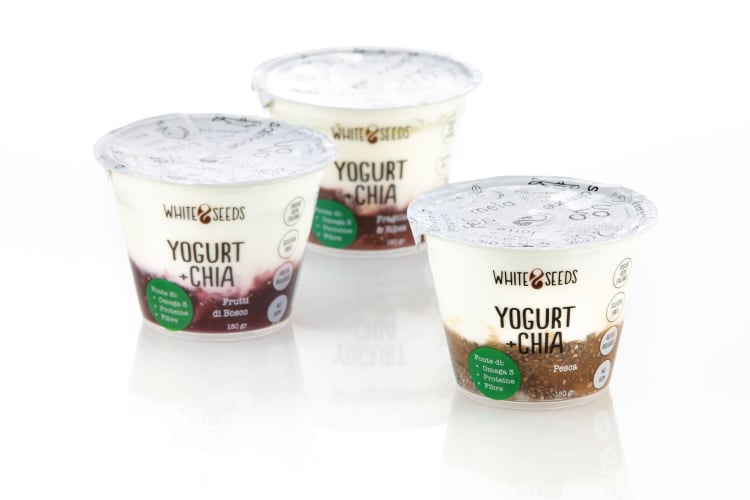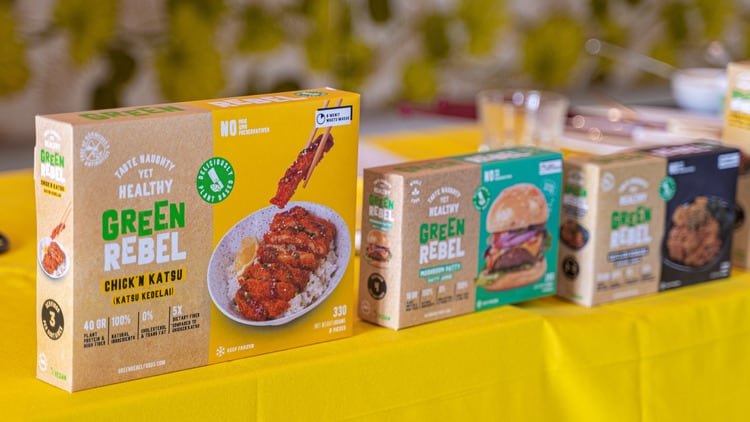Next-gen green progress: PepsiCo seeking novel F&B sustainability tech via Middle East accelerator
Global F&B giant PepsiCo is on the hunt for novel sustainability technology in the food and beverage sector to complement its business within the Middle Eastern region, with plans to look at other markets including Asia Pacific in the future as well.
PepsiCo launched its PepsiCo Greenhouse Accelerator programme for the Middle East and North Africa (MENA) region in November last year, its first edition specially focused on the region. Earlier this, year, the firm announced 10 local finallists had been shortlisted and awarded a US$20,000 grant as well as guided mentorships, and are now going through the six-month accelerator programme in hopes of winning a US$100,000 grant from PepsiCo at the completion of this.
“At PepsiCo, our sustainability approach is integrated into, not separate from, our business. We’ve thought very hard about how to ensure that our approach [has] a meaningful, tangible impact on building a more sustainable food system [and] realised that innovation is crucial to our efforts,” PepsiCo CEO Africa, Middle East and South Asia Eugene Willemsen told FoodNavigator-Asia.
Clucking good: Shanghai plant-based ‘fried chicken’ firm Haofood reveals exclusive expansion plans
Shanghai plant-based firm Haofood has exclusively revealed its ambitious expansion spans, both at home and abroad, after receiving a major funding boost from investors.
The firm successfully raised USD$3.5m in seed capital from co-investors like the CEO of Monde Nissin Henry Soesanto, Rich Products Ventures and Big Idea Ventures. Armed with the investments, CEO Astrid Prajogo outlined plans to achieve a 4,000% to 6,000% growth through advancing its R&D infrastructure, diversifying sales channels and expanding to other regions.
“I feel extremely grateful and honoured. This funding can empower us to accelerate our business," said Astrid.
Buy, eat, repeat: How China’s plant-based start-ups can drive repeat purchases in competitive sector
A three-pronged marketing approach spanning health, safety and taste is crucial to drive sales in China’s burgeoning plant-based space, both to attract new customers and then retain them for sustained sales growth, according to pioneer of the category.
In this episode of the FNA Food and Beverage Trailblazers podcast, we speak to Dr Stefan Schmal, Founder of China’s Jooma which is best-known for being one of the country’s first almond yoghurt pioneers, and has recently also launched a new coconut yoghurt line.
Despite Dr Schmale’s German roots, he opted to launch Jooma in China as he believes that China is a ‘lighthouse’ for Asian food trends, and success here in the world’s largest country will pave the way to success in the world’s largest region.
“There is so much market potential here in China and Asia in general for the plant-based sector – in markets such as Europe or the US, plant-based foods are pretty mature already, but this region is basically still at the beginning,” he told FoodNavigator-Asia.
Splitgill sensation: Thailand’s More Meat strives towards clean label production while planning new RTC line
Thai mushroom-based protein firm More Meat is taking steps towards obtaining clean label recognition while also working on launching a new line of ready-to-cook (RTC) products to later this year.
More Meat’s business strategy revolves around the splitgill mushroom, a local mushroom that grows abundantly on rubber trees in Thailand’s numerous plantations, but is not well-known or recognized as a food ingredient even by local consumers.
“Research has shown that splitgill mushrooms have a high content of beta-glucan which is beneficial for the brain and immune system, and it also has a unique structure that is meaty in itself, with no need for extra flavouring to make it meat-like, so it’s pretty surprising that it’s not been more looked into yet,” More Meat Founder and CEO Kanwra Tanachotevorapong told FoodNavigator-Asia.
Snacking ‘middle ground’: Thailand’s MUNCHHH on balancing health and indulgence for innovation
Thai healthy snacking brand MUNCHHH has developed an award-winning range of snacks based on what it has termed the ‘middle ground’ of snacking, with a priority on balancing health and indulgence to keep consumers coming back for more.
MUNCHHH was developed by Thai firm Balance Corp, which has an eventual objective of creating various healthy snacking solutions with a balance between being both delicious and healthy.
“We are looking to be in that middle ground of snacking between snacks that solely focus on being delicious, such as Lay’s potato chips, and products that focus on being healthy, such as supplements or nutritional replacements,” Balance Corp Founder Norawee Bussadeegarn told FoodNavigator-Asia.





